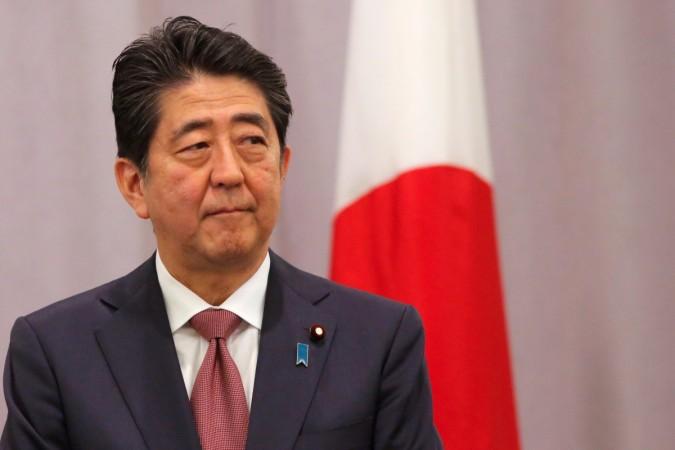Amid the Doklam standoff that has been going on for over two months now, China and its media have been coming up with high-pitched rhetoric one after the other. From saying that India needs to be "taught a lesson" to raking up the Kashmir issue, Beijing has done it all. However, ever since Japan openly spoke in favour of India, China seems to have mellowed a tad.
While Xinhua's new video explaining the Doklam standoff is evidently much more sober than the racist anti-India video it had released earlier, Beijing also seems to be a bit insecure about Japan's stance. Additionally, Japanese Prime Minister Shinzo Abe's three-day India visit on September 13 doesn't seem to have gone down well with Beijing.
According to experts, the timing of the Japanese government's announcement of Abe's visit to India holds importance, as it is in sync with the Doklam standoff, reported the People's Daily.
While Japan has said that the trip had been planned a long time ago and is meant to help the two countries strengthen maritime cooperation and attend a ceremony for high-speed rail link, using Japanese bullet-train technology, sources are said to have told the website that Abe's visit is, in fact, meant to push "India to contain China."
"Abe is a leader with a clear purpose. The timing of the announcement serves certain purposes, though Japanese media have come out to claim his visit has long been planned," it quoted Lv Yaodong, director of the Institute of Japanese Studies' Department of Japanese Diplomacy at the Chinese Academy of Social Sciences, as saying.
The editorial also talks about how India thought that it had garnered the support of a major nation in the Doklam standoff, after Japanese ambassador in India Kenji Hiramatsu spoke about the conflict and favoured India. Hiramatsu had said: "We understand that the standoff in the Doklam area has been ongoing for nearly two months. As it can affect the stability of the entire region, we have been watching the situation very closely," the ambassador had earlier said.
"We also understand that India has a treaty understanding with Bhutan, that's why Indian troops got involved in the area."
However, the editorial then went on to claim that the Japanese Embassy had denied Hiramatsu's "support."

Meanwhile, the above-mentioned experts aren't the only ones claiming that Shinzo's visit has ulterior motives. Hu Zhiyong, a research fellow at the Institute of International Relations of the Shanghai Academy of Social Sciences, told the Global Times on Friday that this is Tokyo's way of confronting China.
"India and Japan see China as a common opponent ... they have been strengthening cooperation on nuclear issues and national defense as well as forming the 'freedom corridor' to rival China's Belt and Road initiative," Zhiyong said. "Japan's public statement at such a sensitive time is to strengthen India's dependence on Japan and to counteract the pressure from China in the East China Sea."

















